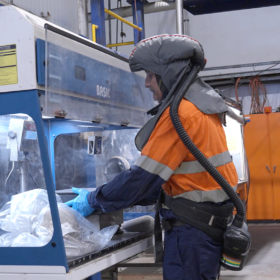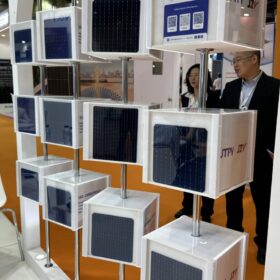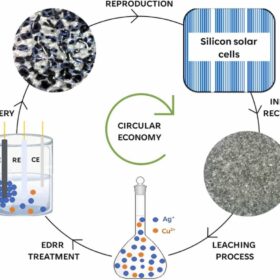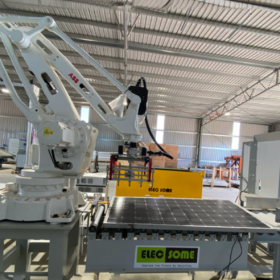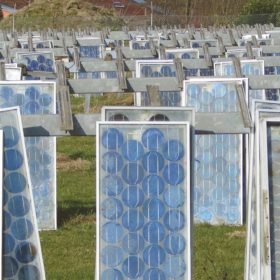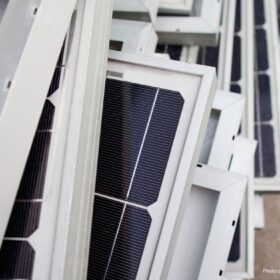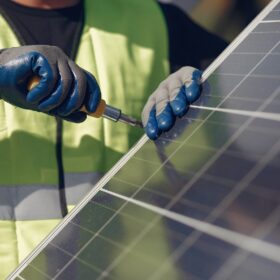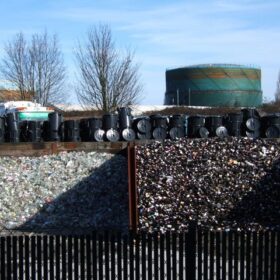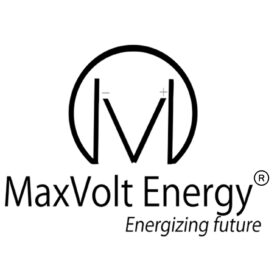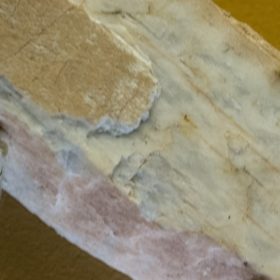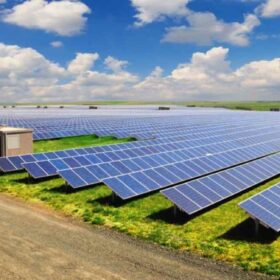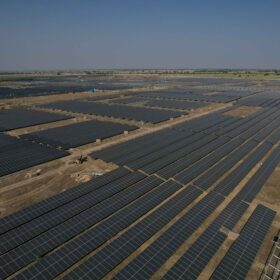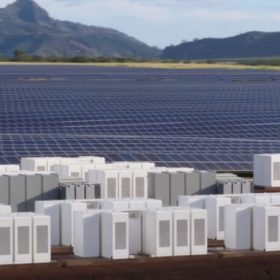Australian battery recycler inks deal with Chinese electric vehicle giant BYD Auto
Advanced materials technology company Lithium Australia has signed an exclusive agreement with China-headquartered BYD Auto Industry Company to provide battery recycling services.
Scientists estimate material demand for all silicon PV module technologies by 2050
Dutch researchers used dynamic modelling to uncover the demand for silicon-based PV materials used in a wide range silicon PV technologies, including perovskite-silicon tandem and back-contact modules. The model included calculating the impact of advances in module efficiency and material intensity, as well as circular closed loop recycling.
New process to recover silver from end-of-life solar cells achieves 98% efficiency
Scientists have used hydrometallurgical and electrochemical processes to recover pure silver from solar cells. The proposed technique also utilizes a method known as electrodeposition-redox replacement, which reportedly increases the silver recovery rate.
Enel Green Power Australia signs solar panel recycling deal with Elecsome
Italy-headquartered renewables developer Enel Green Power Australia has committed its 2.8 million solar panels powering current or planned assets to a circular economy by signing a long-term agreement with solar panel upcycling specialists, Elecsome.
Integration of renewable energy in the circular economy
In this article for pv magazine, Naresh Mansukhani, CEO, Juniper Green Energy, writes circular economy goes beyond just recycling physical components. Innovative business models are emerging that promote resource efficiency and extend the lifespan of renewable energy technologies.
IEA-PVPS identifies 456 patents in PV module recycling
The IEA Photovoltaic Power Systems Programme’s (IEA-PVPS) latest report on solar panel recycling offers a comprehensive review of all existing technologies in this market segment, from pure mechanical recycling to innovative techniques such as as light pulse treatment, water-jet cleaning, pyrolysis, and chemical treatments.
Researchers eye redesigned panel as part of recycling plans
Researchers at the University of New South Wales (UNSW) plan to develop a redesigned PV module for easier recycling, with AUD 5 million ($3.4 million) in federal government funding to help transform Australia’s solar panel recycling industry.
AGL partners with Elecsome on solar panel recycling plan
AGL Energy has teamed with solar panel recycler Elecsome to explore the development of a PV materials recovery facility at the site of the coal-fired Bayswater power plant in New South Wales, Australia.
Maxvolt secures $1.5 million for lithium battery plans
Maxvolt Energy Industries has raised $1.5 million from angel investors to accelerate its lithium battery research and development efforts, enhance the production capacity, and expand market reach.
Stepping up critical mineral production remains crucial for India’s energy security: ICRA
Advancement in mineral processing and beneficiation technology remains critical for commercialisation of domestic critical mineral resources.
